Nutritionists reveal the three foods you should never eat before bed
There are some foods you should never eat before bed if you want to get a good night's sleep - and they may surprise you
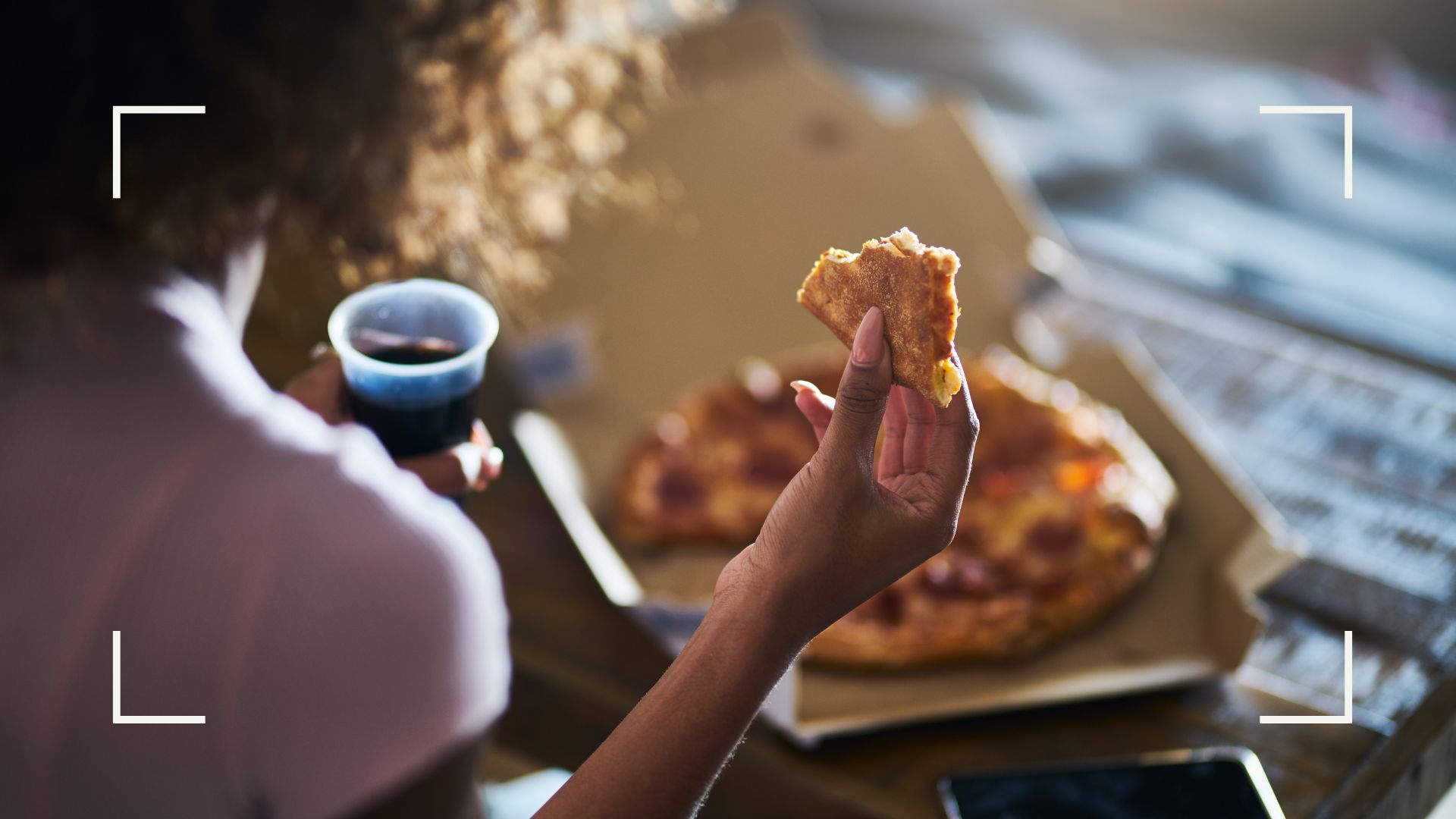

Is your midnight snack one of the three foods you should never eat before bed? If so, it may be seriously disrupting both the quality and quantity of your sleep.
After a long hard day, we all deserve a little treat before we drift off to sleep. You might even have a daily favourite, perhaps a delicious chocolate biscuit or a warming slice of cheese on toast. Well, It turns out that some of these little treats can cause quite a bit of disruption to our bodies and their sleep cycles.
The impact of eating late at night has been well studied and whilst it's not altogether advised, should you want to learn how to sleep better, there are certain foods you should avoid altogether close to bedtime. You may be surprised by the foods listed though, as many of them have many other health benefits to offer.
Foods you should never eat before bed
1. Dark chocolate
A few blocks of chocolate as you're settling down with your most recent TV obsession is what heaven sounds like for some. However, that seemingly innocent bar of dark chocolate can unfortunately affect sleep in more ways than one.
According to registered nutritionist Sophie Trotman, dark chocolate is high on the list of foods to avoid before bed. She says, “Dark chocolate contains caffeine, which can keep you alert for a long time and disturb your sleep.” Along with the caffeine, dark chocolate contains sugar, which can also keep you awake for longer as it will lead to a spike in your glucose levels. No one wants a sugar high or caffeine buzz as they're about to drift off.

Registered nutritionist Sophie Trotman is based between London and Lisbon, Portugal. She hosts talks regularly on how our diet can affect our mood, productivity, and overall health and wellbeing.
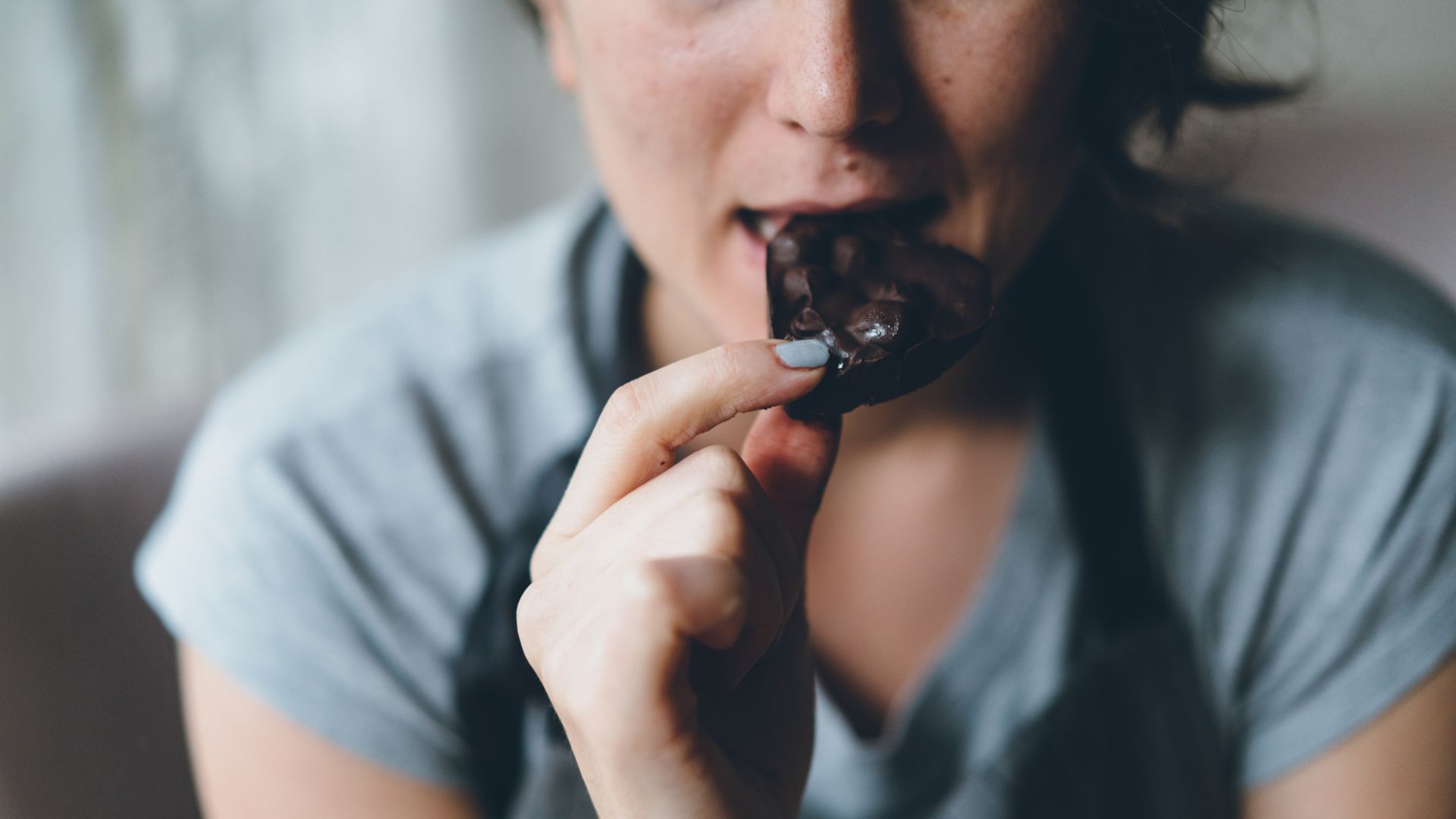
2. Spicy foods
Spice can be extremely disruptive when it comes to our sleep as it contains high levels of capsaicin, a chemical that elevates the body temperature and interferes with our thermoregulation process, making it difficult to find the ideal temperature for sleep. For those experiencing menopause or perimenopausal symptoms, this can also exacerbate hot flashes, meaning a long night of uncomfortable sweating and overheating.
Although there is no caffeine involved, eating large amounts of spicy food before bed can also mean your stomach is being overworked too late into the night. “Spicy foods can cause heartburn or indigestion for some," Trotman says. Spicy foods are also among the foods that cause bloating. These symptoms alone can prevent sleep altogether and, in some cases, it can also be quite painful.
Sign up for the woman&home newsletter
Sign up to our free daily email for the latest royal and entertainment news, interesting opinion, expert advice on styling and beauty trends, and no-nonsense guides to the health and wellness questions you want answered.
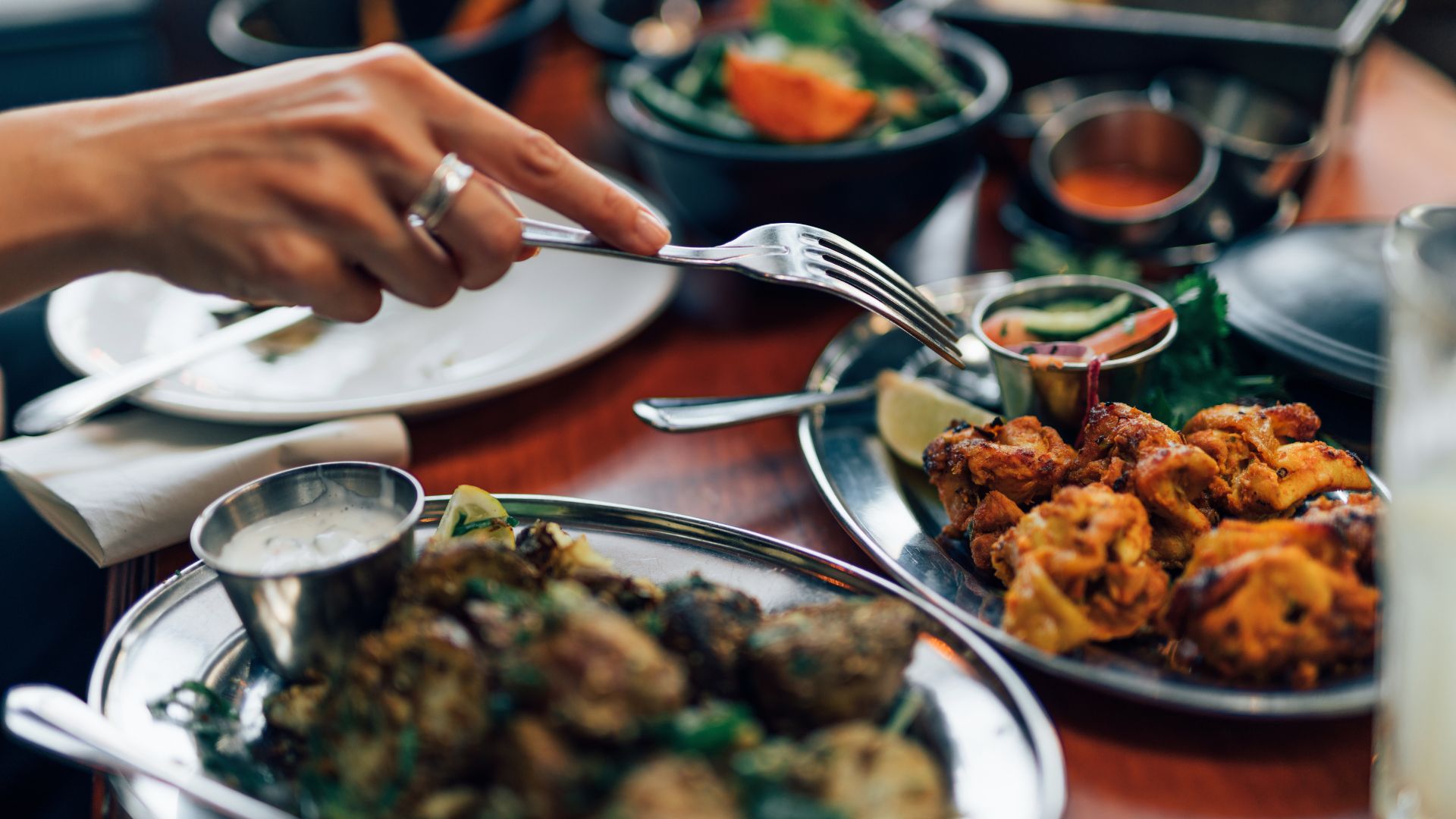
3. Red meat
After a big steak or burger, we tend to feel sluggish or sleepy. Although this might seem helpful when we're about to drift off, red meat is actually one of the foods you should never eat before bed.
Our bodies have to work a lot harder when digesting tough foods like these. When we digest food, our body's core temperature rises, which can lead to an uncomfortable night’s sleep. Trotman explains that red meat, in particular, is more dense and protein-rich than other meats, meaning it takes our bodies a lot longer to break it down and finish digesting it.
If you are eating dinner late, it’s best to opt for a lighter option such as chicken or a vegetarian dish. It’s a simple yet effective step if you're looking to fall asleep fast and improve the quality of your slumber.
What foods should I eat before bed?
If you are partial to a bedtime snack, the good news is that there are plenty to choose from that won't impact your sleep too much. We spoke to Dr Deborah Lee, a registered GP at Dr Fox Pharmacy, who shared a few sleep-safe snacks to help satisfy any hunger cravings before bed.
- Nuts: If hunger is your problem then snacking on some nuts will not only help you sleep but will also provide you with a tonne of useful nutrients. Dr Lee says, "Walnuts and pistachios contain melatonin. Cashews and pistachios contain serotonin and nuts [of all kinds] are rich in magnesium and selenium, which is needed for good sleep." In fact, nuts are considered to be one of the best sleep aids around.
- Whole wheat toast and avocado: Should you fancy something a little more substantial before you head to bed then this snack might just be the one for you. Dr Lee recommends this mini meal as the whole wheat toast releases energy slowly throughout the night, so there's no surprise energy spike when you want it the least. The avocado, she says, "also contains magnesium and healthy unsaturated fats."
- Milky drinks: As noted, eating before bed isn't exactly advised. If you're not too hungry and think you can wait out the night then a milky drink could be the answer. Not only will it fill you up as milk contains some protein, a filling macronutrient, but it will help you drift off easier. "Milk contains tryptophan, which is a precursor of the happy hormone, serotonin. Serotonin is needed for the release of the sleep hormone, melatonin," explains Dr Lee.
- Decaf beverages: Not feeling too hungry but want to take the edge off? De-caffeinated teas could be the answer to your late-night craving. A chamomile tea, for instance, has a sweet edge to it and offers an additional calming effect to help you fall asleep.

Dr Lee has worked for several years in the NHS as a lead clinician. She now works mostly as a medical and sexual health writer with specialisms in nutrition, women's health, and menopausal care.
So if you're looking for a more restful night's sleep but you need to satisfy those late-night cravings it's best to opt for lighter foods with low sugar and caffeine, and avoid the foods you should never eat before bed. Otherwise, the nutritionists recommend leaving at least three hours between your last meal and the time you go to sleep. That way your body isn't working away to digest your food whilst you're trying to get some well-earned shut eye.

Emily joined woman&home as a staff writer after finishing her MA in Magazine Journalism from City University in 2023. After writing various health and news content, she now specialises in lifestyle, covering unique cleaning hacks, gardening how-tos, and everything to help your houseplants thrive.
-
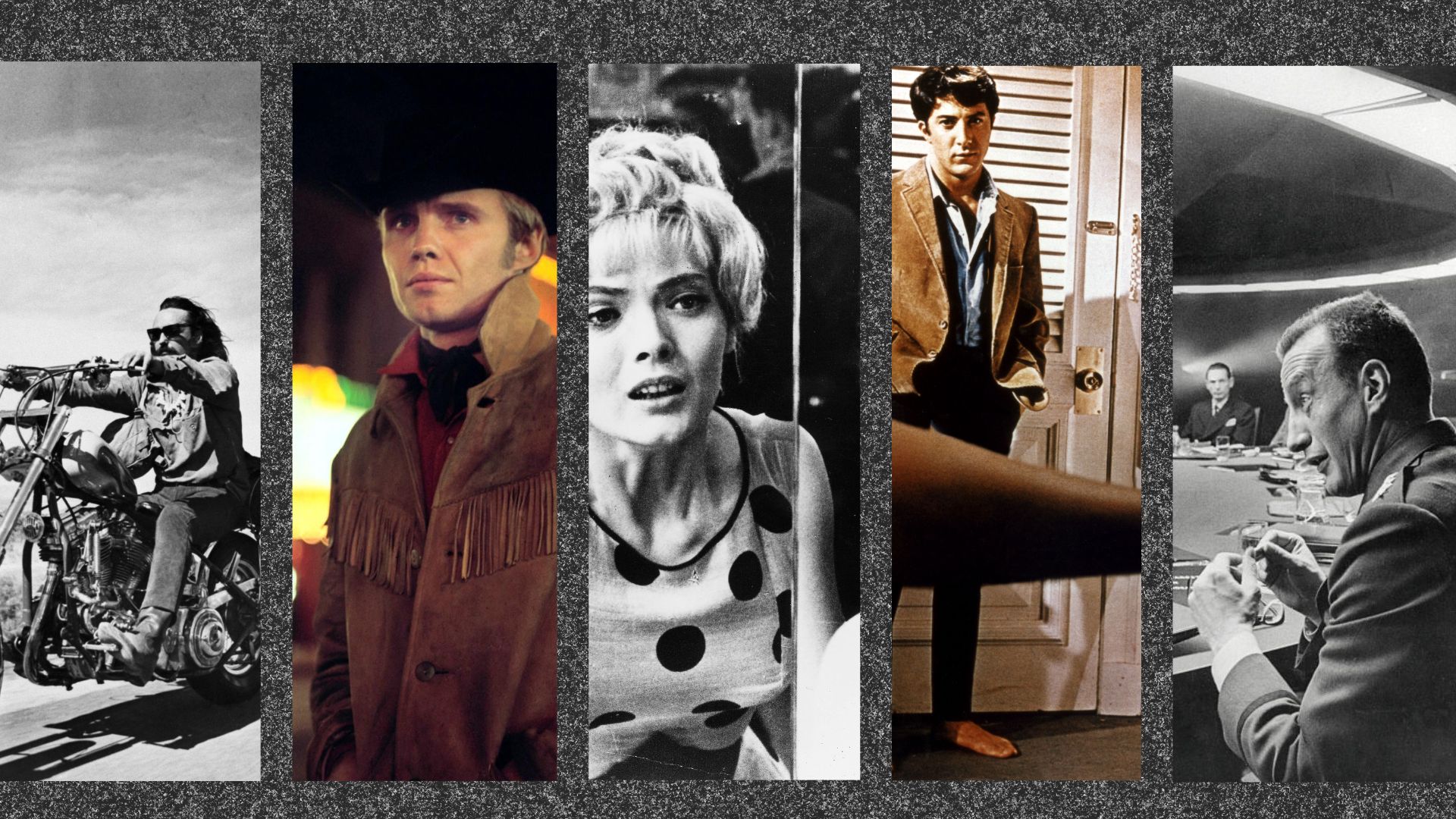 The best films of the 1960s - from New Hollywood greats to experimental new wave flicks
The best films of the 1960s - from New Hollywood greats to experimental new wave flicksWe look back at one of the greatest decades in cinema history
By Anna Paul
-
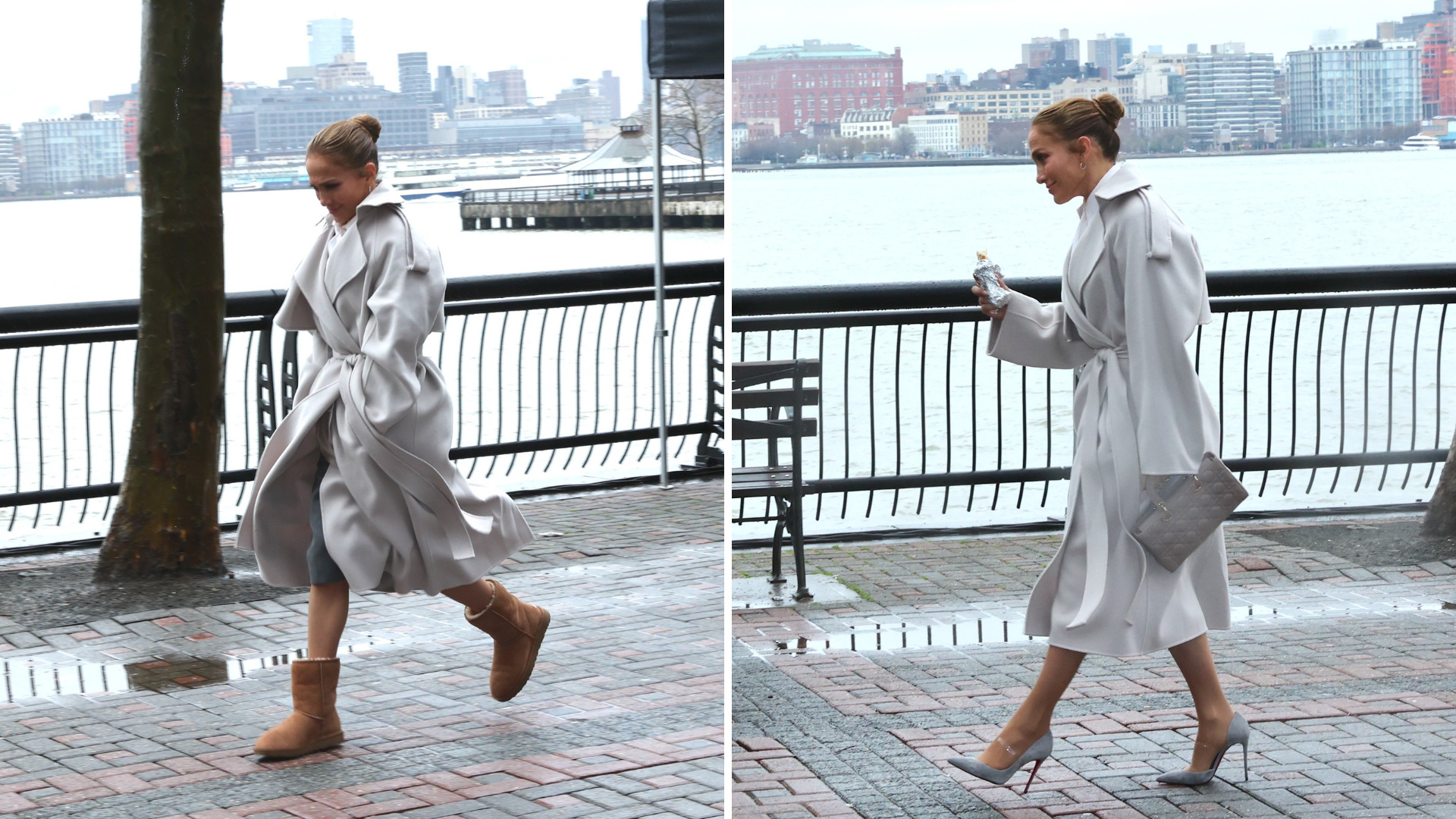 Jennifer Lopez just teamed her classic grey trench with the most unexpected shoes – this coat works wear with any footwear
Jennifer Lopez just teamed her classic grey trench with the most unexpected shoes – this coat works wear with any footwearThe singer gave the ultimate style demo in the wear-with-everything staple, teaming her trench with both stilettos and UGG boots.
By Caitlin Elliott
-
 Is coffee good for gut health? Nutrition experts reveal the truth behind our favourite wake-up call
Is coffee good for gut health? Nutrition experts reveal the truth behind our favourite wake-up callIs coffee good for gut health? Or is it time to bid adieu to our beloved caffeinated friend?
By Emily Smith
-
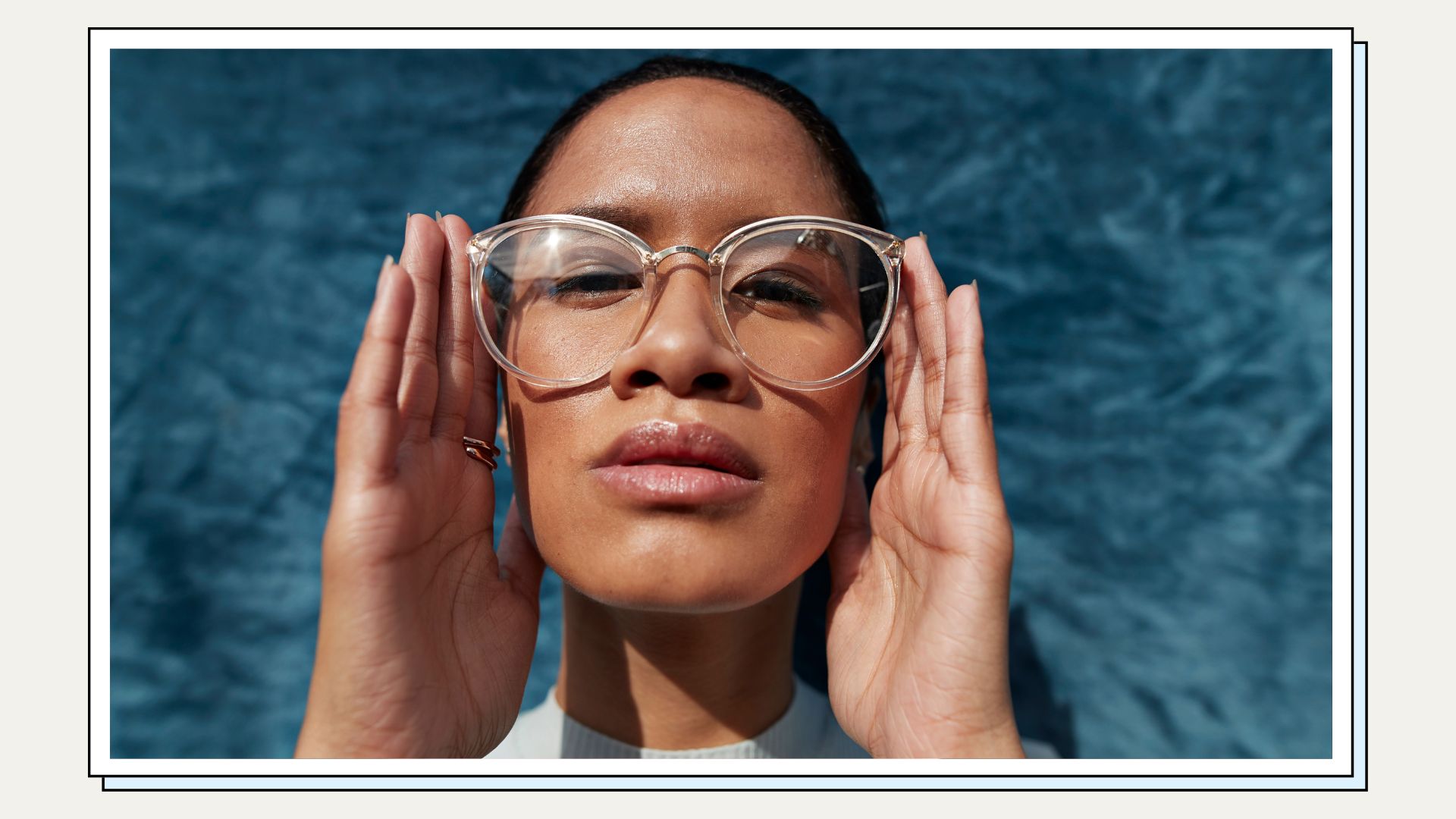 Do blue light glasses actually work? We asked optometrists if you should get a pair
Do blue light glasses actually work? We asked optometrists if you should get a pairDo blue light glasses actually work and can they protect our eyes from all the screens in our lives?
By Emily Smith
-
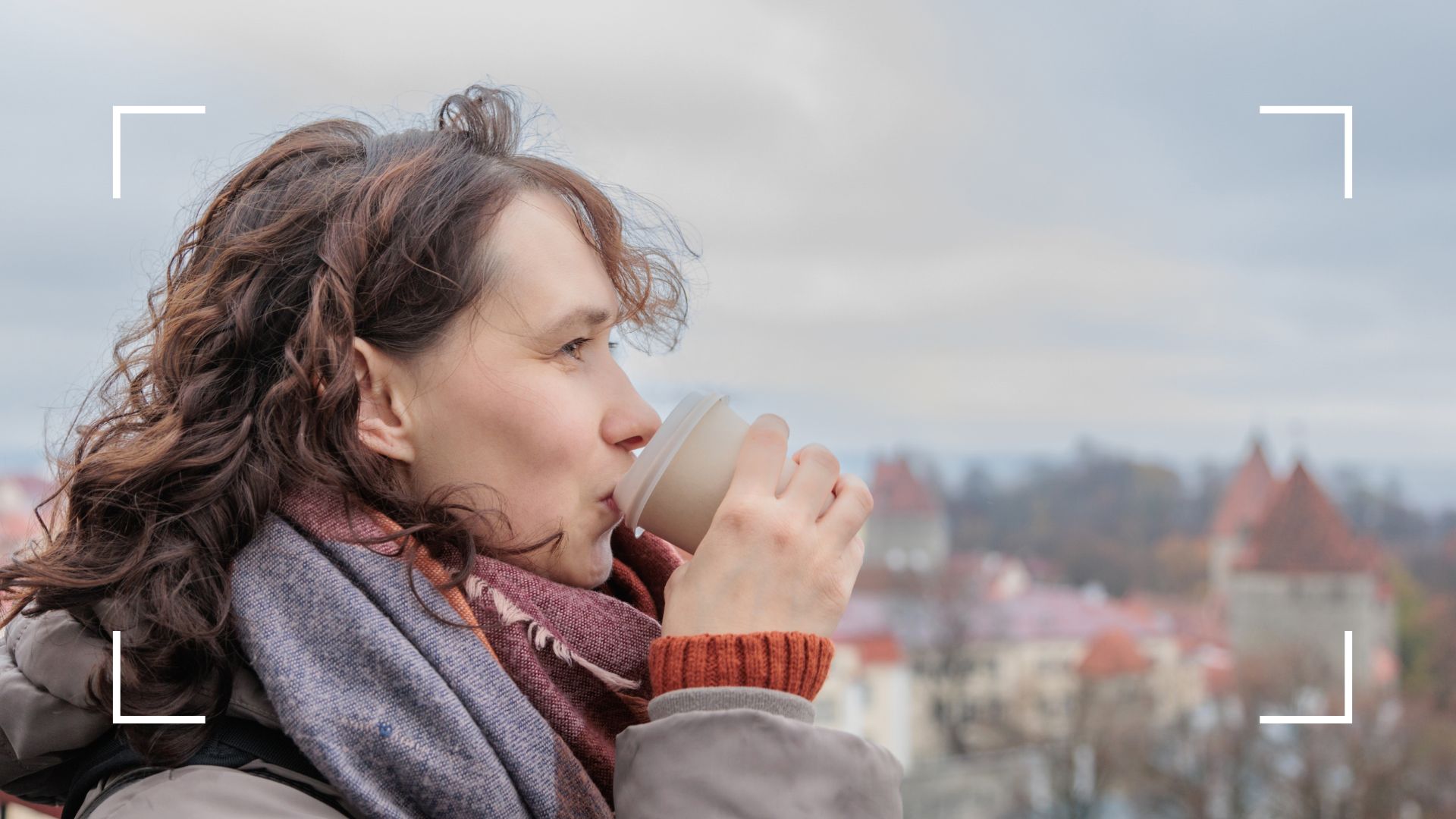 Winter plays havoc with our gut health - here's how to get it back on track
Winter plays havoc with our gut health - here's how to get it back on trackExperts reveal why it's so important to look after your gut health in winter and how to do it best
By Emily Smith
-
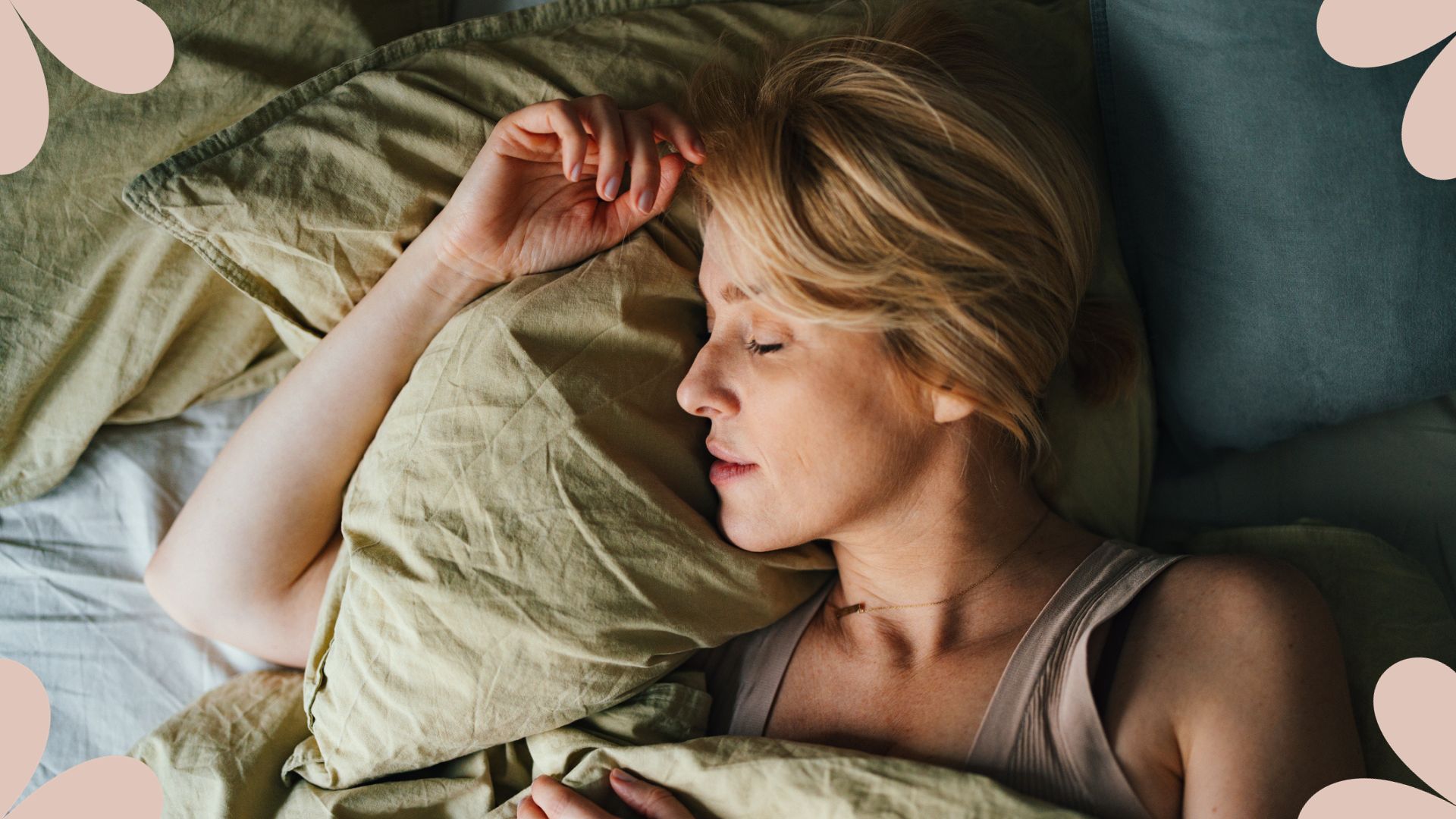 What is pink noise? Experts reveal how this sleep-inducing sound works to help you drift off
What is pink noise? Experts reveal how this sleep-inducing sound works to help you drift offYou might have heard of white noise before but it's pink noise that's been proven to help you drift off and improve your health in other ways
By Emily Smith
-
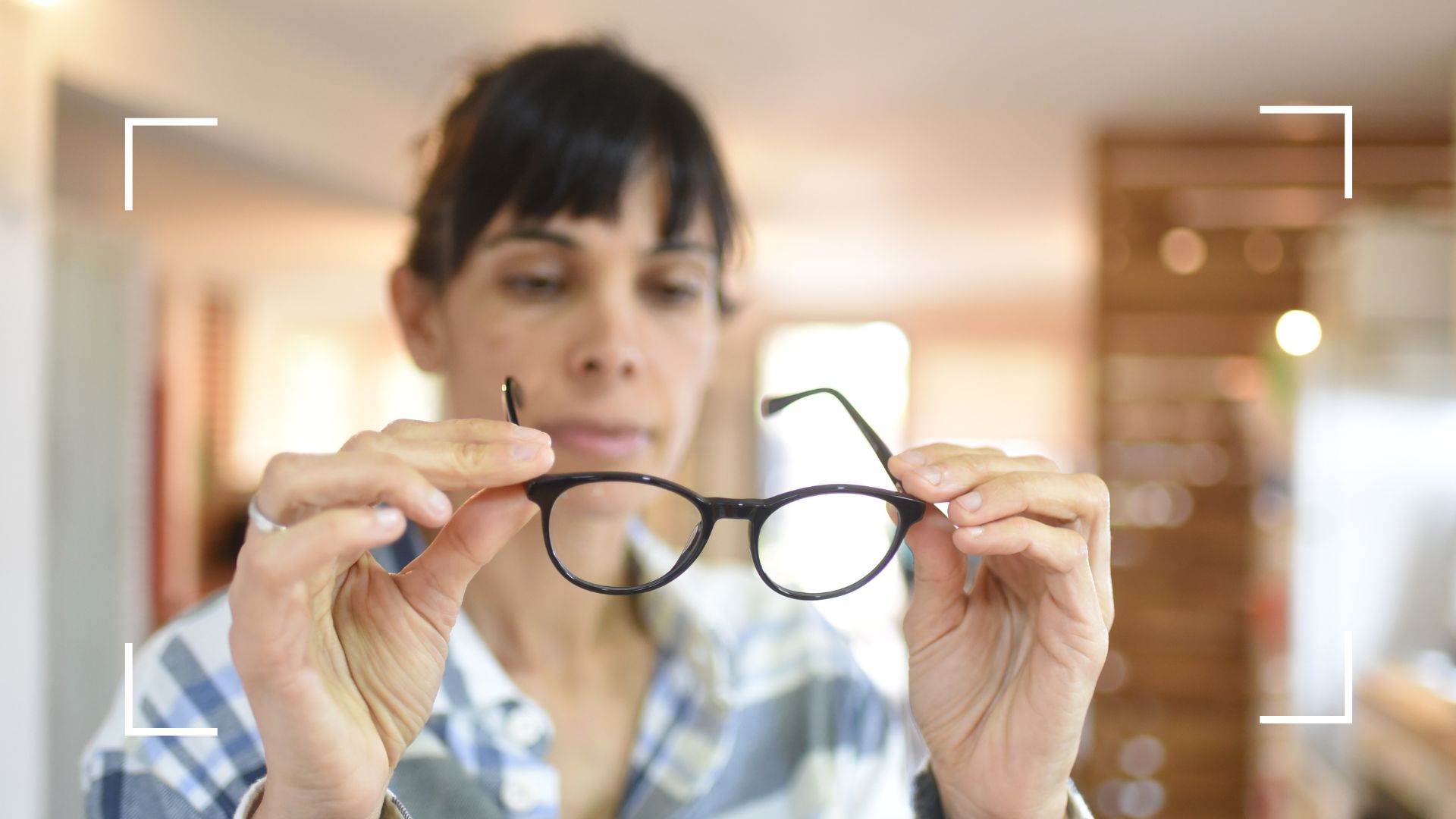 Can menopause cause dry eyes? Doctors reveal the truth behind the symptom
Can menopause cause dry eyes? Doctors reveal the truth behind the symptomYou might not think having dry eyes has anything to do with menopause, but this is actually one of the more unexpected symptoms
By Emily Smith
-
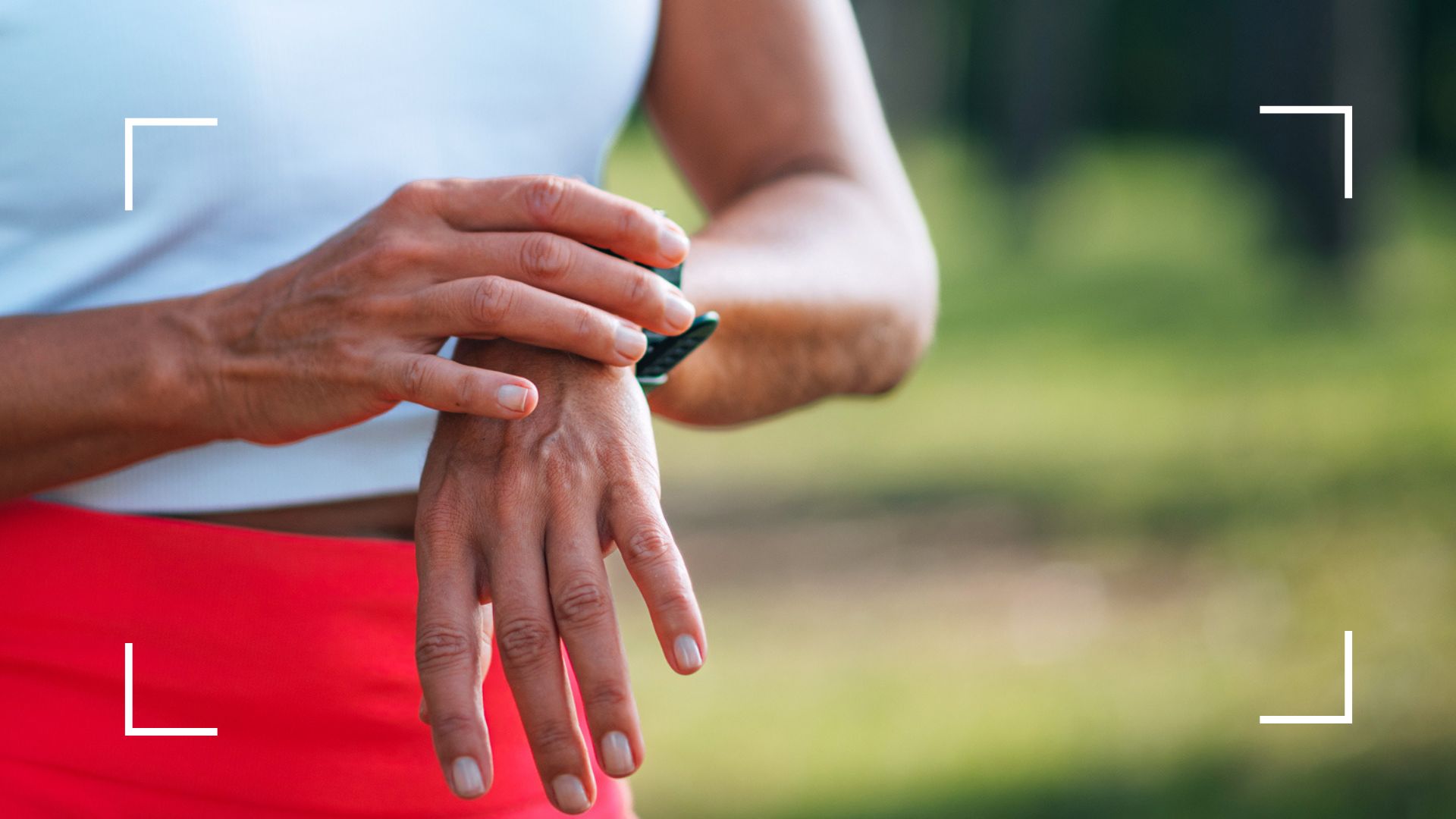 How to clean a Fitbit properly with these 5 easy steps
How to clean a Fitbit properly with these 5 easy stepsHere's how to clean a Fitbit properly, after a study has revealed it's most likely three times dirtier than a toilet seat
By Emily Smith
-
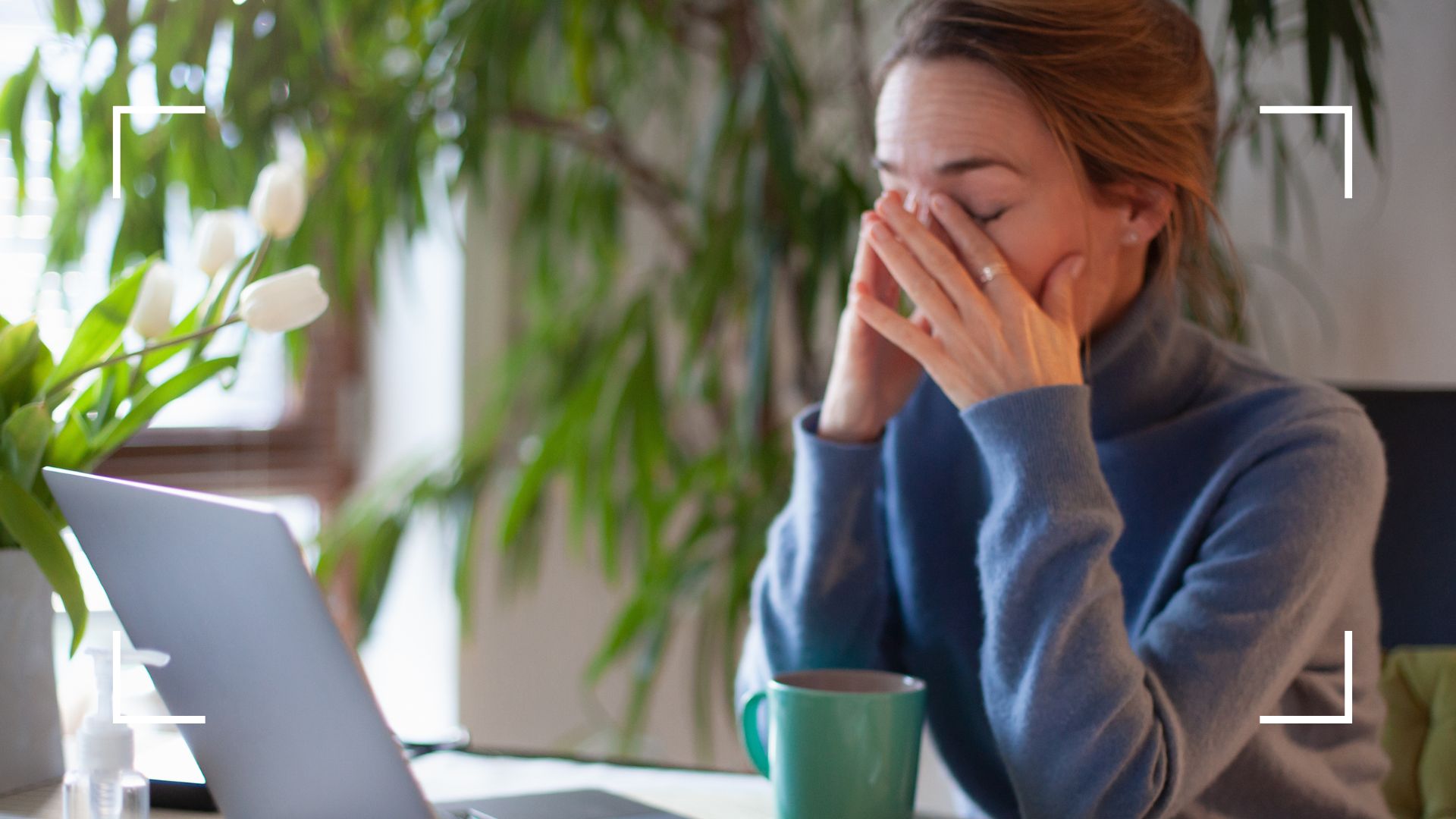 Can menopause cause insomnia? If you're having sleepless nights, this is what a doctor wants you to know
Can menopause cause insomnia? If you're having sleepless nights, this is what a doctor wants you to knowCan menopause cause insomnia? Unfortunately so, but there are a few ways to lessen the effects and get a better night's sleep
By Emily Smith
-
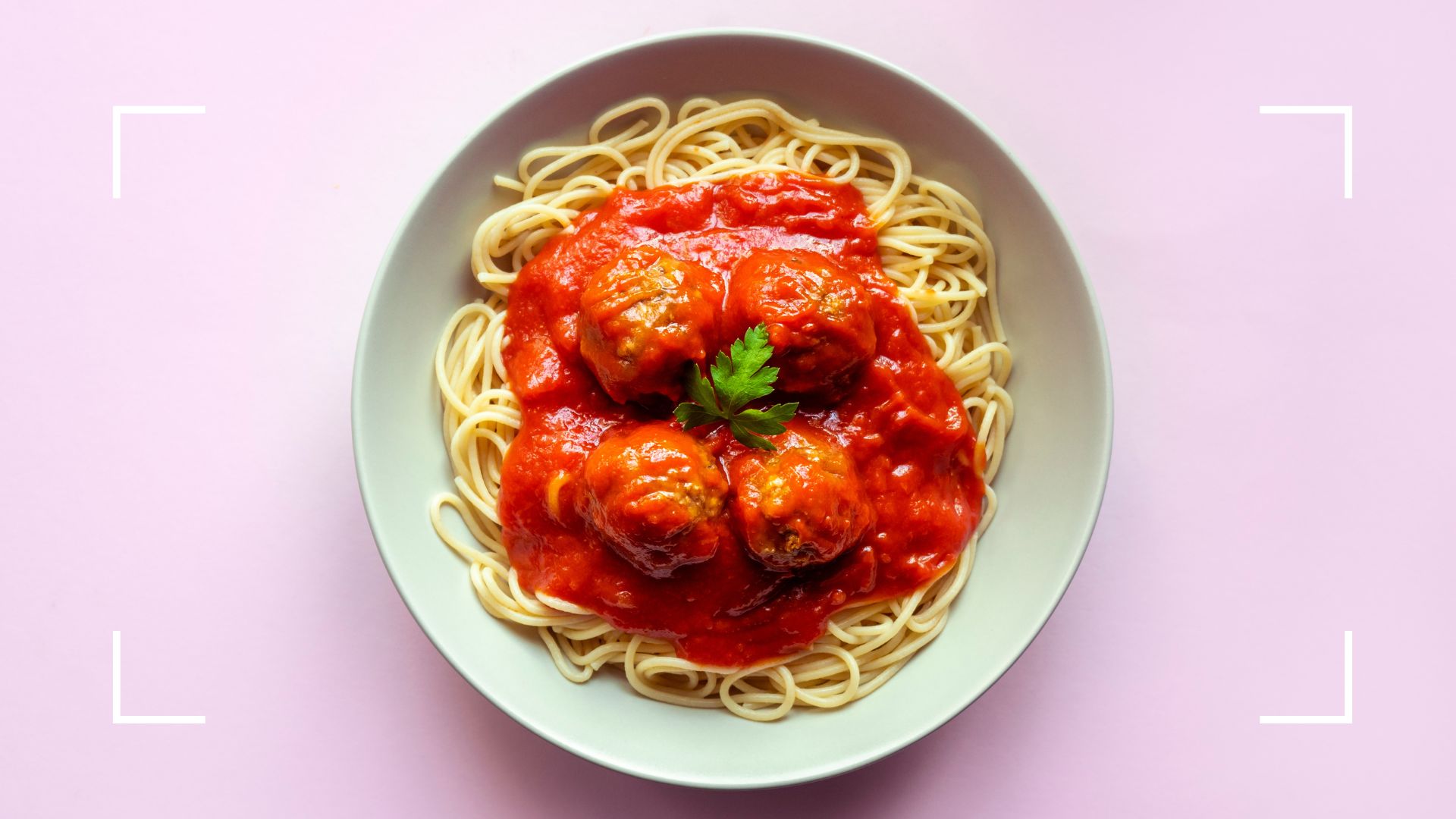 Can menopause cause a loss of taste and smell? Plus, 6 other signs of menopause you might not expect
Can menopause cause a loss of taste and smell? Plus, 6 other signs of menopause you might not expectCan menopause cause a loss of taste and smell? It's more than just colds and flu that can change our tastebuds
By Emily Smith